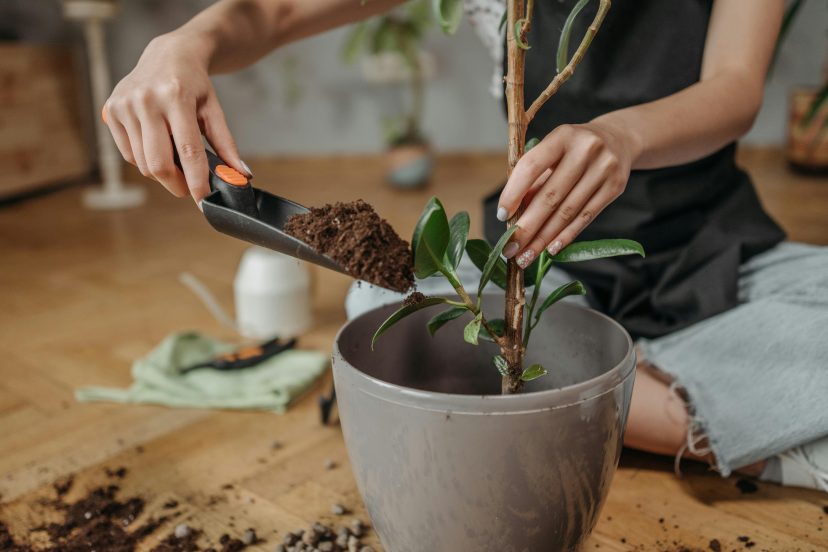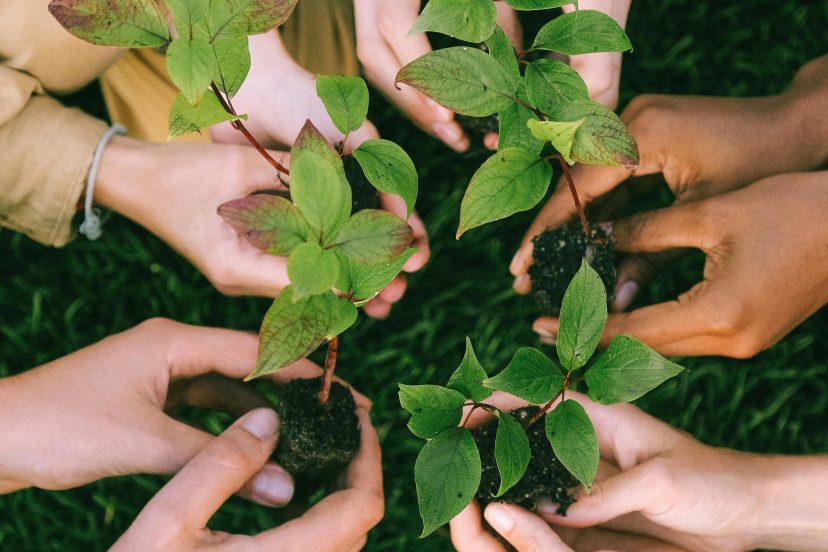10 Eco Activities to Try This Summer (or Any Season)
We may earn a commission for purchases made using our links. Please see our disclosure to learn more.
Eco activities are a great way to enjoy life while caring for our dear planet. The challenge is that many people believe living sustainably requires huge sacrifices. Well, it could be overwhelming, but small things make a huge difference. Eco activities can be simple, fun, and surprisingly rewarding. Whether it’s gardening on your balcony, hosting a clothes swap with friends, or cooking a plant-based meal, there are countless ways to weave sustainability into your everyday routine. Let’s explore 10 eco activities you can try this summer—or honestly, in any season—to live more lightly on the earth.
Why Are Eco Activities Good for You and the Environment?
It’s easy to think of eco activities as just “nice extras” for the planet, but research shows they directly improve our daily lives too. For example, a 2016 study in the Journal of Environmental Psychology found that people who spent time gardening and engaging in nature-based activities reported significantly lower stress levels and higher feelings of life satisfaction. This suggests that eco-friendly habits don’t just reduce waste—they also enhance mental well-being.
Meanwhile, a 2020 study in Nature Food explored the global impact of dietary changes and discovered that shifting toward more plant-based meals could cut food-related greenhouse gas emissions by nearly half. That’s an enormous ripple effect from something as simple as adopting Meatless Mondays or experimenting with plant-based recipes.
Together, these studies highlight an important point: eco activities aren’t just good for the earth—they’re good for us too. Whether you’re planting basil on your windowsill or swapping a burger for a bean chili, the benefits extend from personal health all the way to global climate solutions.

1. Start a Backyard or Balcony Garden
Growing your own herbs, veggies, or pollinator-friendly flowers cuts down on packaging waste and supports biodiversity. Studies from the Journal of Environmental Psychology suggest that gardening also reduces stress and boosts mood. Even if you don’t have a yard, a balcony or windowsill garden is enough to make an impact.
2. Swap to Zero-Waste Personal Care
Single-use plastics from shampoos, soaps, and skincare add up fast. Switch to solid shampoo bars or refillable containers. These swaps not only reduce waste but also last longer, saving money in the long run. If you’re looking for inspiration, check out this guide on zero-waste shampoo to see how easy it can be to make the switch.
3. Try a Meatless Monday
Cutting back on meat—even one day a week—reduces greenhouse gas emissions. According to research published in Nature Food, dietary shifts toward more plant-based meals could lower food-related emissions by up to 49%. Try new recipes, experiment with legumes, or host a plant-based potluck.
4. Join a Local Clean-Up
Beach, river, or park clean-ups are a great way to connect with your community while protecting local wildlife. Bring gloves, reusable bags, and a group of friends. It’s exercise, social time, and environmental action rolled into one.

5. Explore Eco-Friendly Travel
Instead of long flights, consider road trips, train rides, or local camping adventures. Summer is the perfect time to explore closer to home. Eco-friendly travel doesn’t mean giving up adventure—it just shifts how you do it.
6. Make DIY Natural Cleaners
Household cleaners are often full of chemicals and unnecessary plastic bottles. Vinegar, lemon, and baking soda can handle most cleaning tasks. A study in Environmental Health Perspectives found that reducing synthetic cleaning products can improve indoor air quality.
7. Switch to Energy-Efficient Appliances
If you’re replacing an old appliance, choose an Energy Star-rated option. Energy-efficient fridges, air conditioners, and washing machines reduce both utility bills and carbon footprints.
8. Host a Clothes Swap
Fast fashion is one of the largest polluting industries. Instead of buying new, gather friends and trade clothes. It’s fun, affordable, and gives your wardrobe new life without feeding landfills.
9. Compost Your Kitchen Scraps
Food waste produces methane, a greenhouse gas more potent than CO₂. Composting turns everyday food waste into rich, healthy soil that can feed your garden. You can start with a simple bin or even try bokashi composting indoors.
10. Support Eco-Friendly Brands
Vote with your wallet by choosing companies committed to sustainability. Choose products that carry trusted labels such as USDA Organic, Fair Trade, or B Corp to ensure they meet sustainable standards. Even small purchases, like switching to bamboo toothbrushes or reusable straws, add up over time.
Recommended Eco-Friendly Products
Here are five highly rated products to help you start your eco journey:
- Bamboo Toothbrush Set – Biodegradable handles with soft bristles.
- Beeswax Food Wraps – Reusable food wraps are an eco-friendly alternative that help cut down on plastic wrap.
- Stainless Steel Water Bottle – Keeps drinks cold for hours, reducing plastic use.
- Solar Garden Lights – Brighten outdoor spaces without extra energy costs.
- Compost Bin for Kitchen Countertop – Odor-free design for easy food scrap collection.

How to Make Eco Activities a Lasting Habit
Trying a few eco-friendly swaps is exciting, but the real impact comes when they become part of your daily routine. The best way to start is small—pick one or two eco activities that feel easy and enjoyable. Maybe it’s carrying a reusable bottle, switching to bamboo toothbrushes, or planting a few herbs on your windowsill.
Once those habits feel natural, layer on new ones. You’ll be surprised how quickly they stick when they fit into your lifestyle. To stay motivated, turn them into something fun: challenge yourself to a zero-waste week, or invite friends to join a clothes swap.
The secret is consistency, not perfection. Even small steps, when repeated, create lasting change. And over time, these eco activities won’t just be “something extra you do”—they’ll become part of who you are.
Conclusion
Eco activities don’t require a lifestyle overhaul. By making small, consistent changes, you can reduce waste, save money, and create a healthier home and planet. This summer—or any season—challenge yourself to try at least one of these activities. Small steps matter, and together, they create powerful momentum toward a more sustainable world.
FAQs
1. What are eco activities?
Eco activities are sustainable habits or actions that reduce environmental impact, like composting, gardening, or reducing plastic use.
2. Do eco activities save money?
Yes, many do. For example, energy-efficient appliances and reusable products reduce long-term costs.
3. Can I try eco activities without a garden?
Absolutely. Indoor compost bins, balcony planters, or zero-waste swaps are perfect for small spaces.
4. How do eco activities benefit mental health?
Spending time in nature and engaging in mindful practices like gardening can lower stress and improve well-being.
5. What’s the easiest eco activity to start with?
A simple switch like using a reusable water bottle or trying Meatless Mondays is easy, affordable, and impactful.




